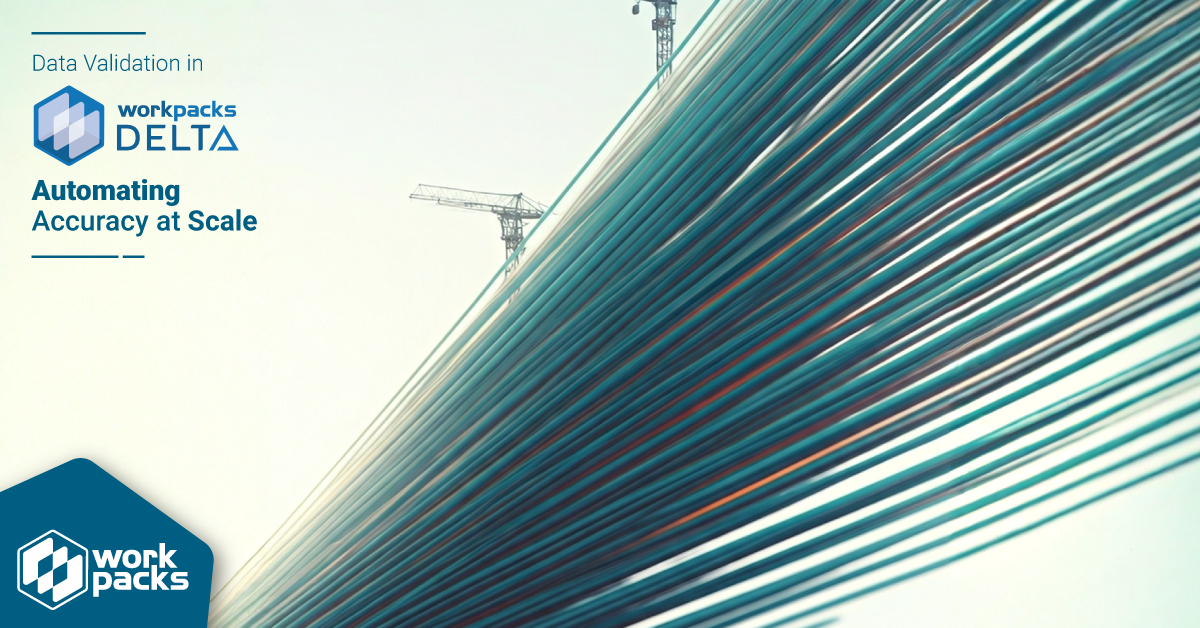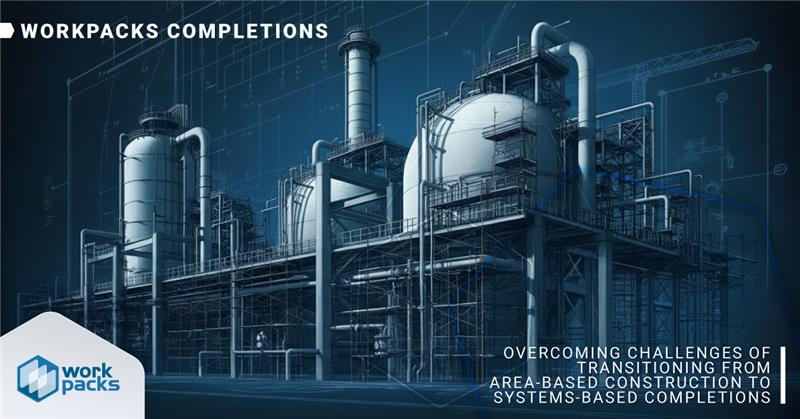Modern construction projects rely on a constant flow of information from work packaging processes, scheduling tools, materials management platforms, and document repositories – just to name a few. The challenge isn’t just gathering this data, it’s making sure it is transformed, validated, and presented in a way that project teams can trust while able to scale as project data becomes more robust and complex. WorkPacks Delta addresses this challenge by providing a powerful framework for automated data validation, ensuring accuracy and consistency from the moment data is consumed, throughout the web of digital threads that data may impact, all the way to when it is surfaced in reports.
From Consumption to Insight
At the heart of Delta is its ability to automatically consume and transform third-party data, seamlessly integrating it into Power BI dashboards. These dashboards are more than static reports—they evolve in real time as digital threads are updated and automated at whichever frequency is chosen. Whether validating readiness curves, aligning package forecasts with project schedules, or visualizing status directly in a 3D model, Delta ensures project teams always have clear, accurate, and current insights.
Custom Validations for Every Need
Data integration alone isn’t enough; projects demand precision. That’s why Delta pairs standard validations with the ability for users to create their own automated checks. These custom validations can enforce naming standards across platforms or verify that schedules and packaging data remain aligned. Because users control not only the logic but also the frequency of these checks, validations can run continuously, weekly, or whenever new data is available. This flexibility makes it possible to tailor data governance directly to the unique needs of each project.
Measuring Alignment with Confidence
To complement these checks, Delta introduces data alignment scores, a simple yet powerful way to quantify how well multiple data sources match up. Instead of combing through spreadsheets or raw exports, stakeholders can quickly see where data is in sync—and where it isn’t. These scores direct attention to the areas that matter most, identifying the gaps in the process most inhibiting, and
helping teams focus their efforts where corrections will have the greatest impact.
Targeted Oversight with Threshold Reporting
Of course, even the best validations and scores mean little if the right people don’t see them at the right time. That’s why Delta incorporates threshold-based reporting. Users define their own minimums and maximums—such as alignment percentages or IWPs ready within a set timeframe—and Delta automatically generates and sends reports when those thresholds are crossed. For example, if IWPs are within two weeks of their planned start date but still have unresolved constraints, the system alerts only the relevant personnel. This ensures oversight remains sharp and efficient, without overwhelming teams with unnecessary notifications.
With automated consumption, custom validations, alignment scores, and threshold-based reporting, Delta creates a complete ecosystem for automated data validation at scale. It not only keeps project data accurate and consistent but also ensures insights reach the right stakeholders at the right time. By weaving these capabilities into evolving digital threads, Delta empowers teams to act with confidence, reduce risk, and deliver projects with greater reliability and precision.




